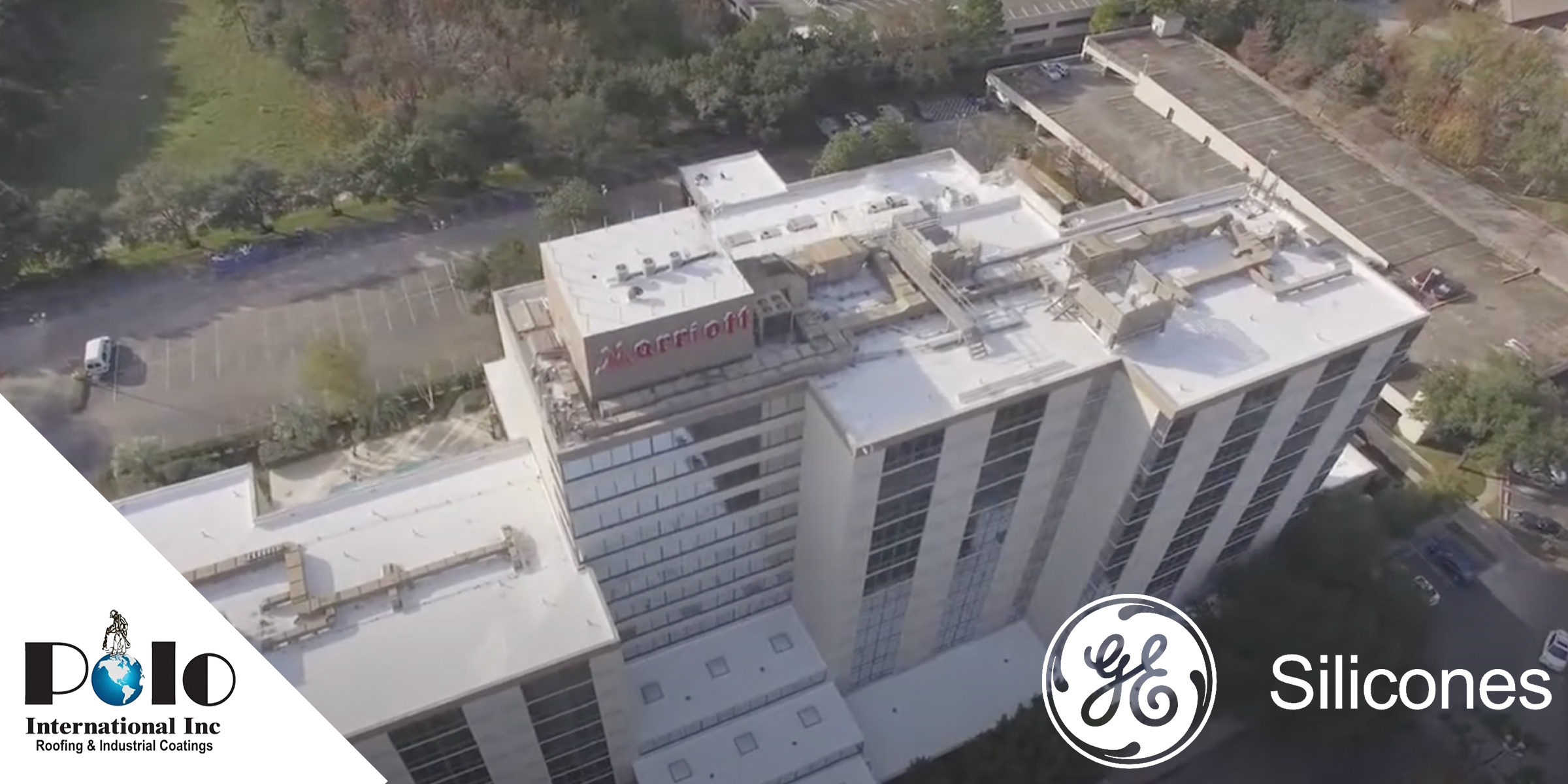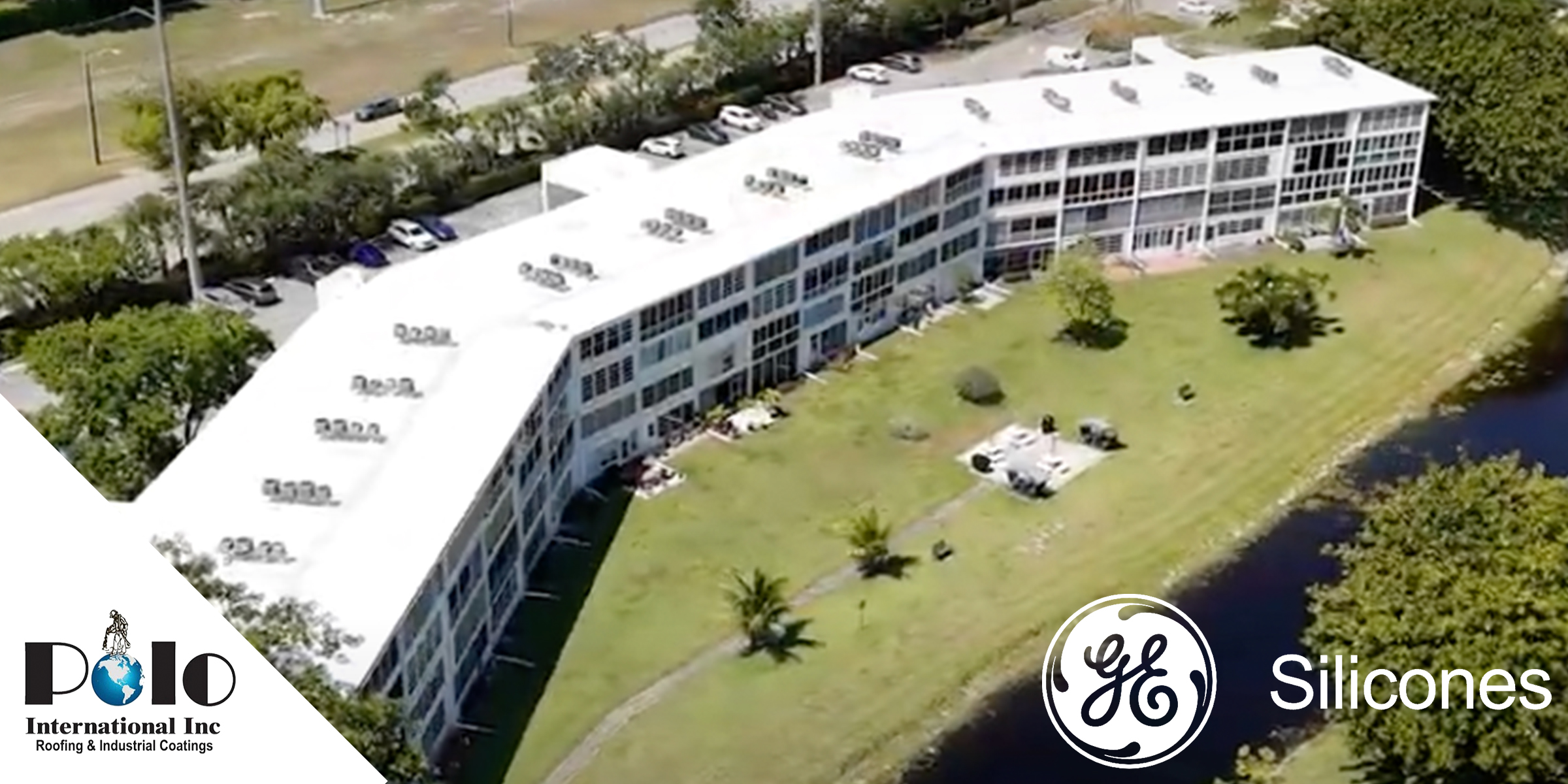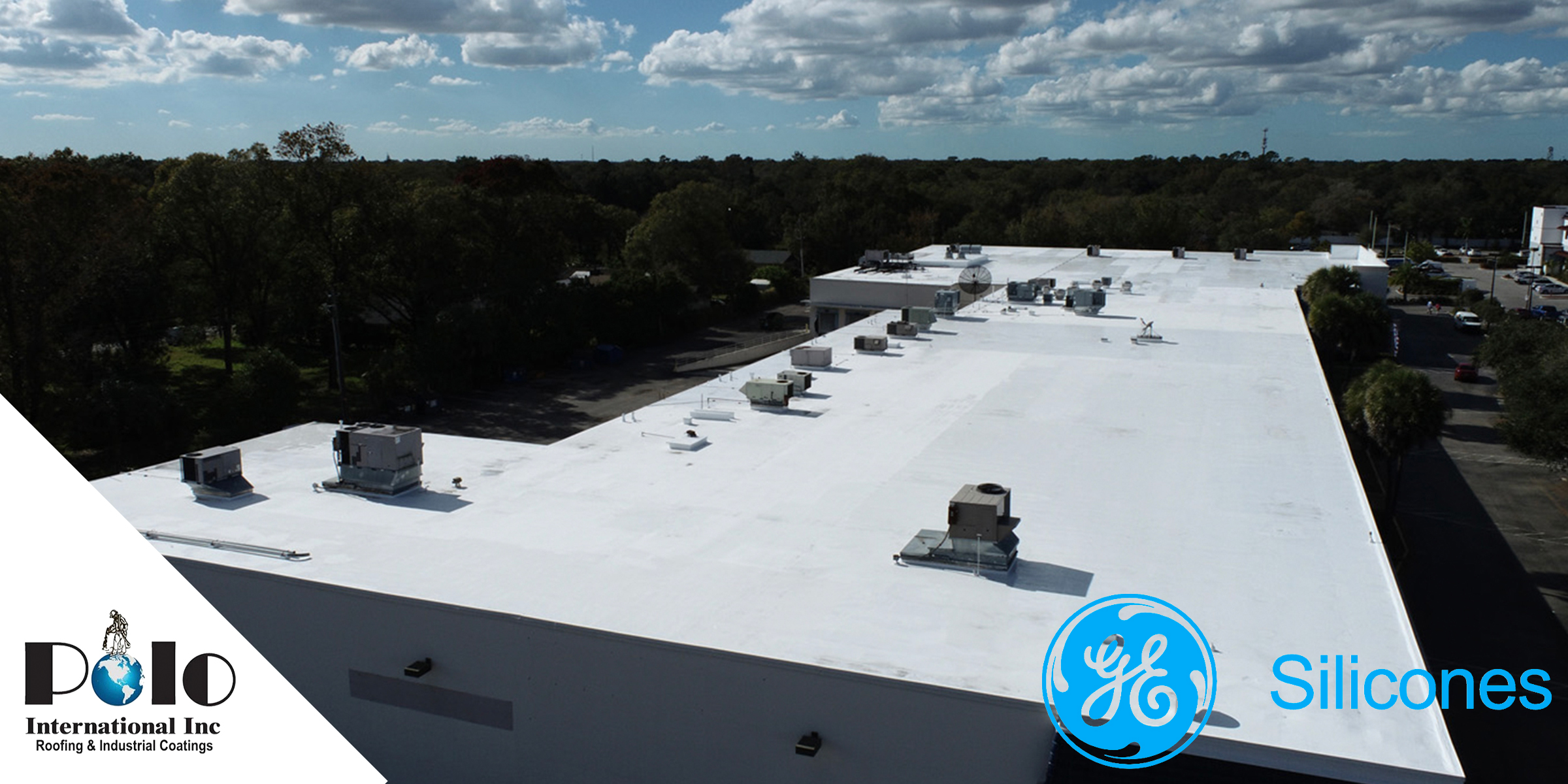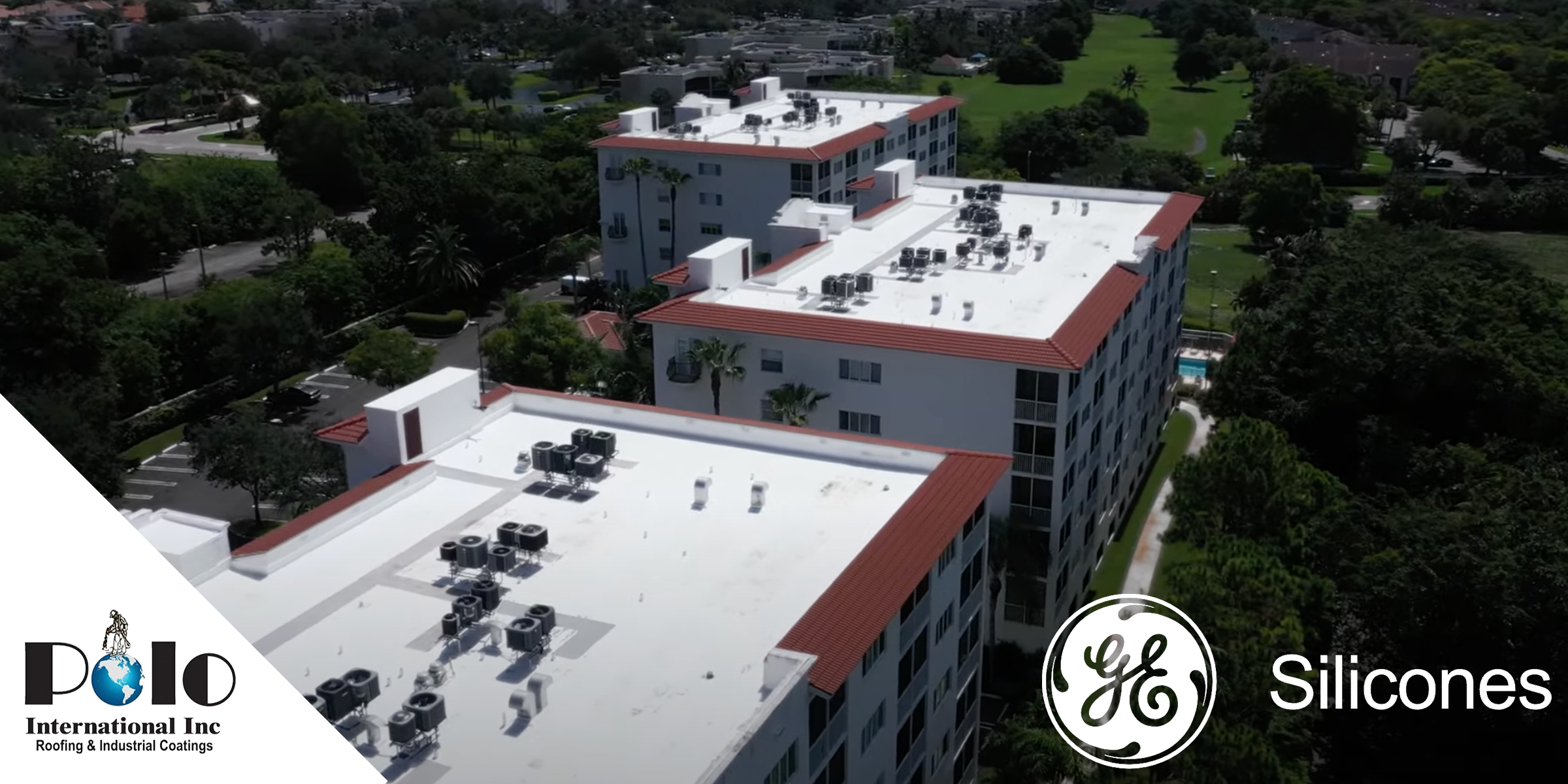
Winter-Proofing Commercial Roofing with Spray Foam Insulation
Winter poses significant challenges for commercial roofing, leaving property managers wondering if their buildings are truly equipped to handle colder months. Spray Polyurethane Foam (SPF) insulation offers an effective solution to enhance winter performance, boosting energy efficiency and extending the longevity of roofing systems. As temperatures drop, energy costs often escalate due to heat loss. SPF insulation creates an airtight seal, minimizing energy loss and stabilizing indoor temperatures.
The seamless nature of SPF coatings also prevents leaks, protecting roofs from damage caused by ice and snow. This durability is essential for maintaining operational efficiency and sustainability in commercial buildings. By investing in SPF insulation, you not only prepare for winter but also make a strategic, year-round enhancement to your roofing system. Here’s how SPF can improve performance and provide peace of mind during severe winter conditions.
Steps to Optimize Winter Roofing Performance with SPF
1. Conduct a Comprehensive Roof Inspection
Begin by inspecting the roof to identify vulnerabilities such as leaks or structural weaknesses. Hiring professional contractors ensures that all potential issues are identified and addressed before applying spray foam insulation. An inspection sets the foundation for optimal application and performance.
2. Choose the Right Type of Spray Foam Insulation
SPF is available in two types:
- Open-cell foam: Ideal for hard-to-reach areas and moderate climates.
- Closed-cell foam: Offers a higher R-value, making it suitable for colder regions by preventing significant heat loss.
Closed-cell foam’s superior insulating properties make it the top choice for commercial buildings in harsh winter climates.
3. Ensure Proper Application
Engage experienced contractors for precise SPF application. This step is critical for achieving even distribution and correct thickness, which mitigate energy loss and enhance thermal performance. Proper installation also ensures that SPF integrates seamlessly with existing roofing substrates, forming a consistent protective layer that improves durability.
4. Simplify Maintenance with Seamless SPF Insulation
SPF creates a seamless barrier that resists water infiltration, reducing maintenance costs and preserving the roofing system longer. Routine checks remain essential to detect early signs of wear or damage, allowing timely repairs that prevent larger issues. Advanced tools like infrared thermography can aid in pinpointing hidden vulnerabilities.
Benefits of SPF Insulation for Winter Performance
Spray foam insulation delivers unparalleled advantages for winter-proofing commercial roofs:
Thermal Barrier: SPF insulation minimizes heat transfer, keeping interiors warmer and reducing heating costs. Property managers in cities like Chicago, IL, and Minneapolis, MN, have reported significant reductions in energy expenses thanks to SPF’s airtight seal.
Moisture Resistance: SPF’s water-resistant properties prevent mold growth and structural damage. Buildings in humid cities like Seattle, WA, or Miami, FL, benefit from its ability to maintain insulation integrity in damp conditions.
Structural Strength: SPF enhances the building’s structural strength, helping it withstand environmental stress. This durability is especially valuable in regions like Denver, CO, or Houston, TX, where severe weather conditions are common.
Sustainability: SPF insulation’s long lifespan reduces replacement frequency and waste, making it an environmentally friendly choice. Lower energy usage also aligns with corporate sustainability goals, making SPF a smart investment for companies focused on reducing their carbon footprint.
Frequently Asked Questions (FAQs)
How can spray foam insulation be adjusted for varying winter conditions?
Spray foam insulation can be customized by modifying its thickness and density. Thicker applications in colder climates provide better insulation, reducing heat loss and ensuring consistent indoor temperatures.
What results can be expected from optimized spray foam roofing in winter?
Optimized SPF roofing reduces heat loss, leading to lower utility bills and improved indoor comfort. It also mitigates risks like ice dams and water infiltration, protecting the roof from damage and increasing its lifespan.
How does a polyurethane roof coating extend a commercial roof’s life?
Polyurethane coatings create a seamless, waterproof barrier that shields the roof from weather elements, including snow, rain, and UV light. These coatings also reduce thermal stress by reflecting sunlight, further extending the roofing system’s durability.
Takeaway
Implementing SPF insulation is a comprehensive and effective strategy for winter-proofing commercial roofing systems. From thorough inspections and professional installation to routine maintenance, every step enhances roof durability, energy efficiency, and sustainability. Spray foam insulation is a superior choice for minimizing heat loss, safeguarding against environmental damage, and reducing maintenance costs. By investing in SPF, property managers across diverse climates—from New York, NY, to Phoenix, AZ—can ensure enhanced performance and long-term value for their buildings.




